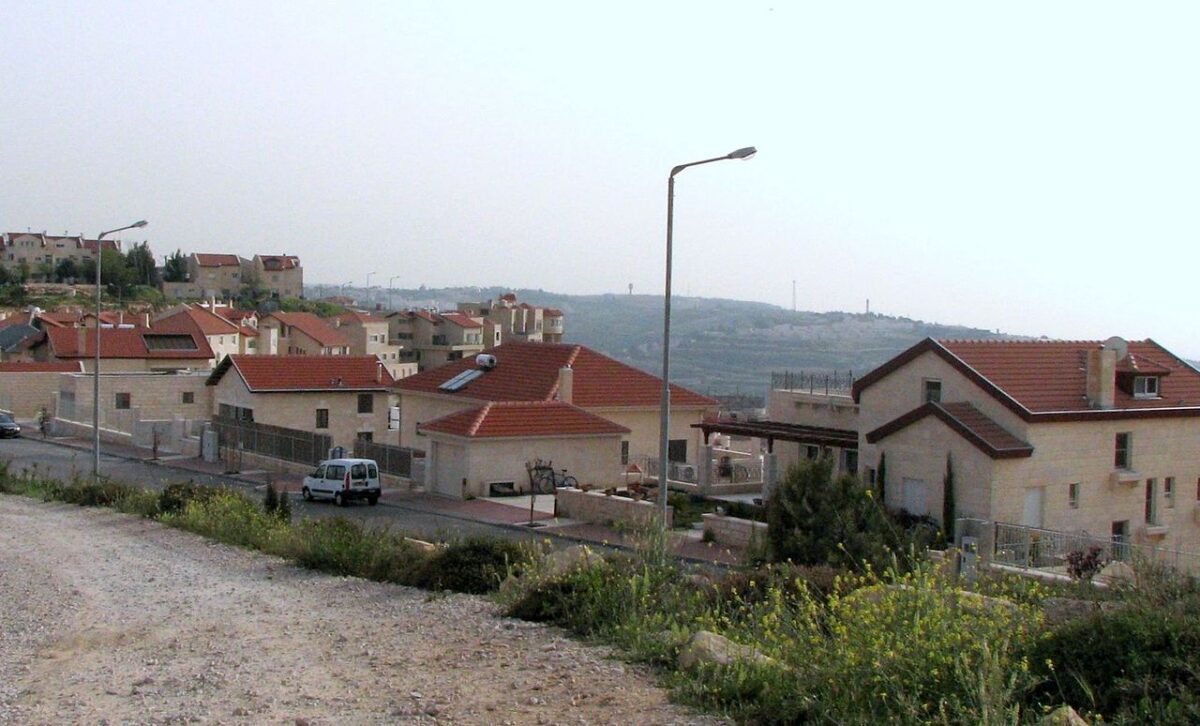Contrary to some expectations, July 1 turned out to be an uneventful day in Israel. It came and went without a much-anticipated announcement from Prime Minister Benjamin Netanyahu that Israel would unilaterally annex a substantial portion of the West Bank, home to 2.5 million Palestinians and 450,000 Israeli Jews.
He had said he would launch the annexation process on the first day of July, in line with his election campaign promises, his coalition agreement with Defence Minister Benny Gantz, and U.S. President Donald Trump’s Middle East peace plan.
Trump’s proposal, unveiled last January, favored Israel by a wide margin. It allocated 30 percent of the West Bank to Israel, encompassing the Jordan Valley and all of Israel’s settlements and outposts. The rest of it would be reserved for a non-contiguous Palestinian state, subject to stringent conditions the Palestinians could not possibly meet.
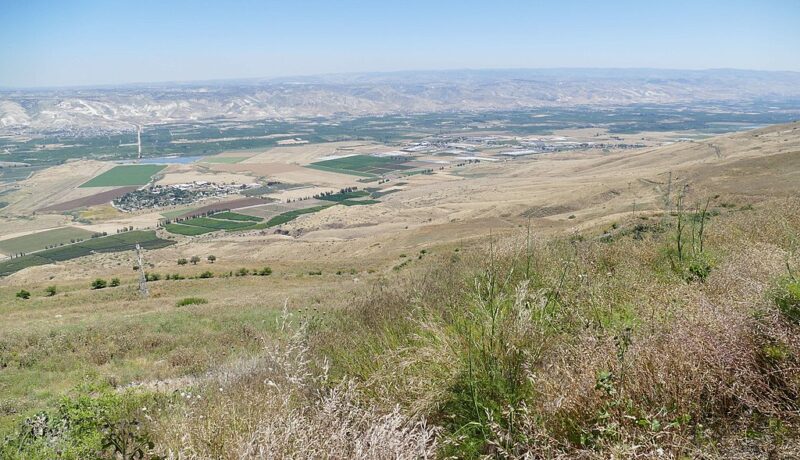
Israel gladly accepted the plan. As expected, the Palestinian Authority roundly rejected it.
Netanyahu’s calls for annexation elicited a harsh response from the international community. The United Nations, the European Union, Britain, Canada, Russia, China and Arab countries warned it would violate international law and undermine the prospects f0r a two-state solution.
Netanyahu claims that the Jordan Valley, which would form Israel’s eastern border, would be strategically vital to its security interests. But Ehud Olmert, the former Israeli prime minister, disagrees with that assessment. “The claim that we need the Jordan Valley from a security standpoint is nonsense, with no truth to it,” he said recently. “Annexation will lead to catastrophe.”
Netanyahu, in the days or weeks ahead, may yet go for broke and announce his annexation plans, thereby keeping faith with his right-wing ideological inclinations and his constituency. But at the present, his project is stalled, as two of his cabinet ministers indicated.

On July 1, Minister of Regional Cooperation Ofir Akunis said that annexation will be put off until at least the end of the month. Energy Minister Yuval Steinitz said it could take “months” to achieve.
Netanyahu, the leader of the Likud Party, initially suggested that Israel would proceed with annexation all at once. But after Gantz expressed reservations and Foreign Minister Gabi Ashkenazi, his ally in the centrist Blue and White Party, declared that the Jordan Valley would not be annexed after all, Netanyahu let it be known that annexation would be scaled down, confined to the Etzion bloc of settlements and the Maale Adumim settlement near Jerusalem and the Ariel settlement close to Nablus.

Netanyahu’s decision to delay annexation came as no surprise to Naftali Bennett, the former defence minister and the leader of the far-right Yamina Party. Bennett, on June 10, expressed skepticism that Netanyahu would annex parts of the West Bank, accusing him of of needlessly dragging out the process.

As he put it, “When I see Netanyahu talking about this so often, I’m convinced more and more that he’s not going to do it. If you want to do it, then do it. You said you’ll apply sovereignty over all of Judea and Samaria, all the communities, and won’t establish a Palestinian state. If you’re going to shoot, shoot, don’t talk, just do it already. What’s he waiting for?”
Avigdor Liberman, the head of the Yisrael Beiteinu Party and the former defence and foreign minister, was just as skeptical, claiming that Netanyahu had cynically raised the issue to win votes in the last three inconclusive general elections and to divert attention away from his indictment on criminal charges of fraud, bribery and breach of trust.
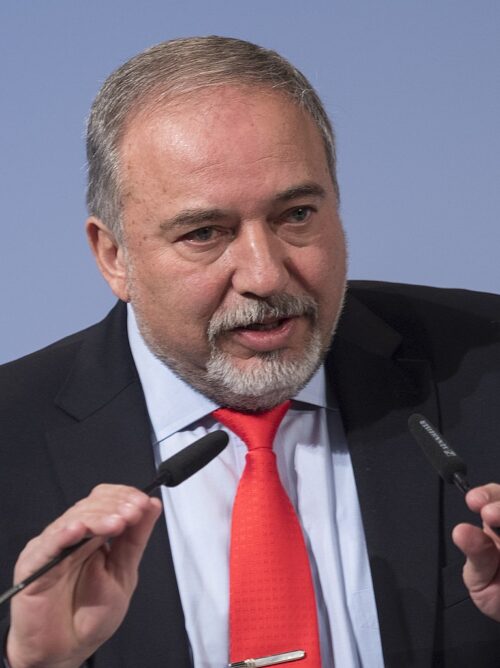
“For 14 months, the prime minister shouts and talks about applying sovereignty,” he said. “What turns out is that this whole move is not a move to apply sovereignty, but a public relations move.”
In the face of Netanyahu’s hesitancy, two major leaders of the settlement movement lashed out at him.
Yossi Dagan, the chairmen of the Samaria Regional Council, compared Netanyahu unfavorably with one of his Likud Party predecessors, Menachem Begin, who annexed the Golan Heights in 1981.
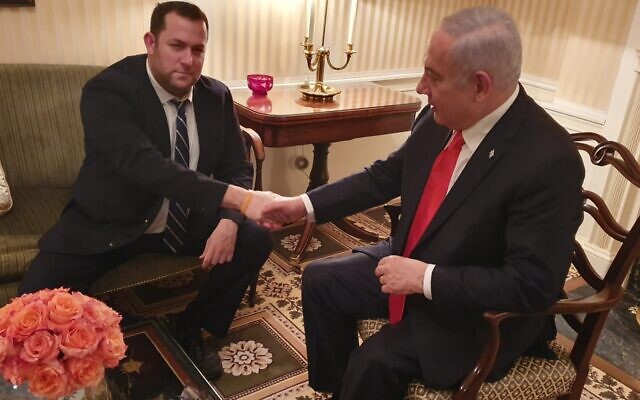
“Begin enacted sovereignty over the Golan in one day,” he said. “Unfortunately, with Prime Minister Netanyahu, this is not the case. We have been hearing about sovereignty for a year and a half without things happening on the ground. Today turned out to be one big farce.”
David Elhayani, the chairman of the Jordan Valley Regional Council, dismissed the notion that annexation has been blocked by Gantz, the former chief of staff of the Israeli armed forces.
“Tying the lack of sovereignty (announcement) to Benny Gantz is a pathetic excuse,” he said, noting that the Likud’s coalition agreement with Gantz permits Netanyahu to bring an annexation resolution before the Knesset or the cabinet without his approval.
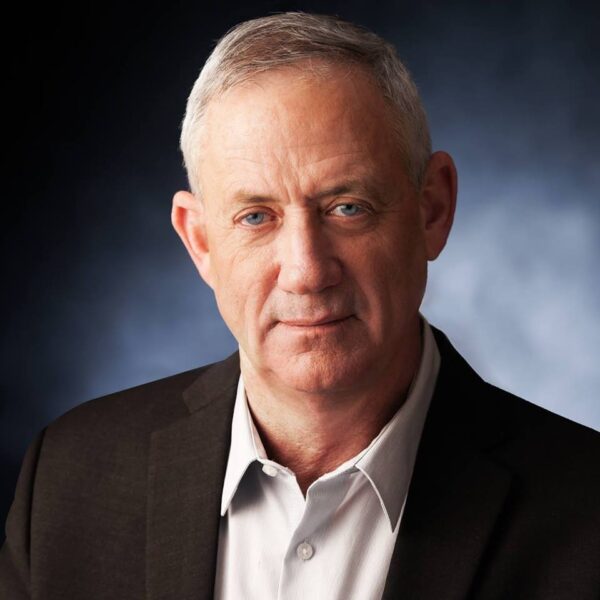
Gantz hailed Trump’s peace plan as a “historic step” forward, but recommended it should be advanced in coordination with Israel’s “strategic partners in the region,” Egypt and Jordan, which reacted lukewarmly to it. Gantz, too, said that Israel should not annex territory unless its Palestinian residents are granted equal rights. Netanyahu said they would not receive Israeli citizenship.
Gantz, whose political support has plummeted since the formation of his alliance with Netanyahu, added that July 1 was “not a sacred date,” and that the current coronavirus pandemic and its socio-economic consequences took precedence over annexation. Netanyahu expressed sharp disagreement with his comments.
The United States, meanwhile, has vacillated, having informed Israel that annexation should be deferred until Gantz is completely on board and a U.S.-Israeli team has fully mapped the West Bank.
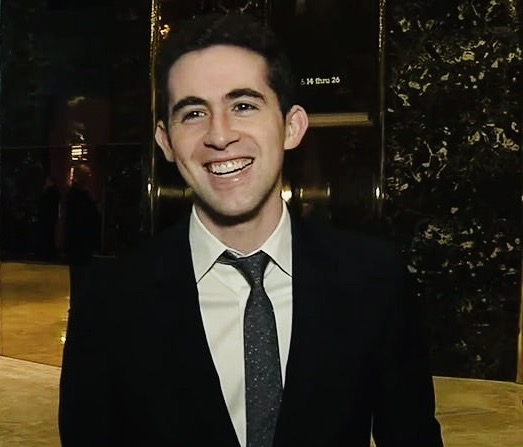
Last week, Trump’s special envoy to the Middle East, Avi Berkowitz, and the U.S. ambassador to Israel, David Friedman, conferred with Netanyahu and Gantz in Jerusalem to discuss annexation, but no final decisions emerged from their meetings.
Divisions over annexation have emerged in the Trump administration as well. Friedman, a vocal supporter of Israeli settlements beyond the old Green Line, thinks that annexation should go ahead as soon as possible. Jared Kushner, Trump’s senior advisor and son-in-law, believes that annexation should be implemented gradually, if the Israeli cabinet is fully behind it.
In the meantime, Netanyahu has distanced himself from a provision in the U.S. peace plan calling for the establishment of a Palestinian state in 70 percent of the West Bank. Friedman agrees with Netanyahu’s position, having said that Palestinian statehood will only be possible “when the Palestinians become Canadians.”
The Palestinian Authority, which recently severed security cooperation with Israel, has told the Israeli government it will have to bear the responsibilities of an occupier should it annex “even one centimeter” of the West Bank.
On June 29, Palestinian Authority Prime Minister Mohammed Shtayyeh offered Israel an olive branch: the resumption of bilateral talks at the point they stopped in 2014. He also presented a peace plan based on the pre-1967 armistice lines, saying the Palestinians would be ready for mutually agreed minor land swaps with Israel.
On the same day, Netanyahu urged the Palestinians to negotiate on the basis of the Trump proposal, a non-starter.
So the impasse continues.
